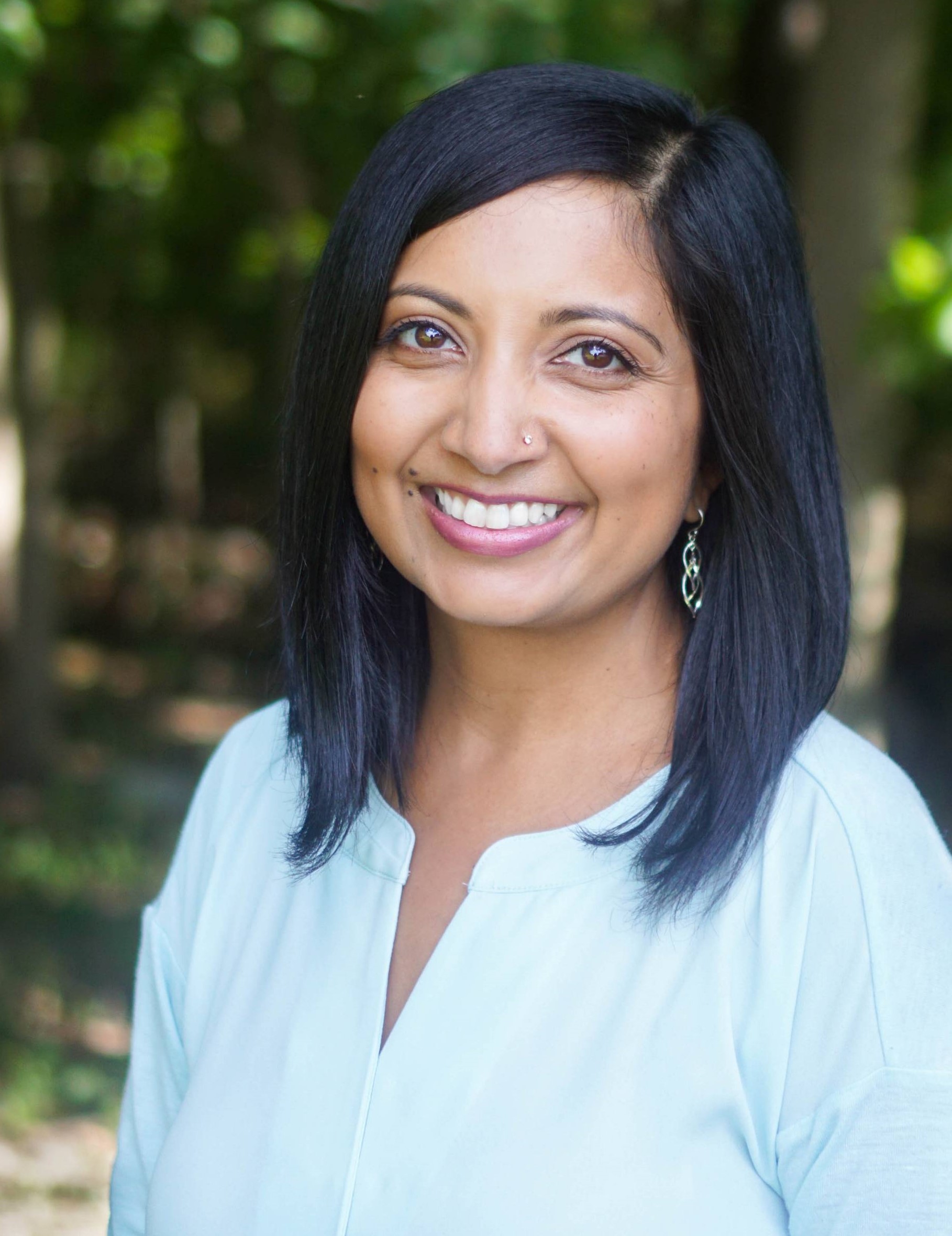Meet Clinical Science Spartan Mikhila Wildey, Ph.D.
September 18, 2023 - Shelly DeJong
 Dr. Mikhila Wildey earned a PhD in Psychology from Michigan State, specializing in Clinical Science. Now an associate professor at Grand Valley State University as well as a couples therapist, she is able to apply what she learned in both an academic and clinical setting. Dr. Wildey recently shared about her time at MSU and how it still impacts her work today.
Dr. Mikhila Wildey earned a PhD in Psychology from Michigan State, specializing in Clinical Science. Now an associate professor at Grand Valley State University as well as a couples therapist, she is able to apply what she learned in both an academic and clinical setting. Dr. Wildey recently shared about her time at MSU and how it still impacts her work today.
What do you love about what you do?
I love the fact that I get to wear several “hats” with regards to how I spend my time. I am passionate about all of the aspects of both jobs – the research, teaching, and mentoring of students at GV and helping couples through my clinical work. It is also great that my research aligns with my clinical work such that I get to see how the research unfolds and then see how the research gets implemented into a clinical setting. It is really nice to stay connected in both worlds.
How did your education at MSU Psychology uniquely prepare you for your career as a professor and also as a therapist?
The Clinical Psychology program at MSU was excellent in preparing me for conducting my own research as a professor, training me for an academic setting, and also providing me with really great clinical training. After completing the program, I felt I could converse with a variety of professionals across different settings and hold my own and feel competent. I think the diversity of training experiences and opportunities for research were wonderful through the program.
What are five words or phrases to describe the MSU Clinical Science program?
Evidence-based, good mentors, excellent research opportunities, diverse supervisors
What makes you proud to be a MSU Psychologist?
As someone who went to MSU as an undergrad and graduate student, I am a Spartan through and through and so I’m really proud to say I received my doctorate from MSU!
Did you have any mentors that have impacted you in your role as a professor?
My two mentors while in the program were Alex Burt (Clinical) and Brent Donnellan (Social/Personality). Both were fantastic to work with – they were supportive, skilled, and really great at pushing me to accomplish quite a bit while I was in graduate school. They both knew exactly what I needed to do in order to succeed, and they gave me a lot of tools along the way to ensure that success. I attribute much of my career to them and their guidance.
Any advice to current psych students who are looking to make an impact?
Don’t be afraid to get involved in areas that might not be readily available through the program. As someone who was interested in couples work but didn’t have much access to it while in graduate school, I sought my own training in this area, and it was incredibly helpful. I would suggest to students that if they have an area that is a passion to try to find a way to imbed it into their program. In my experience, faculty were supportive of these pursuits, and I know they want to help students succeed!

